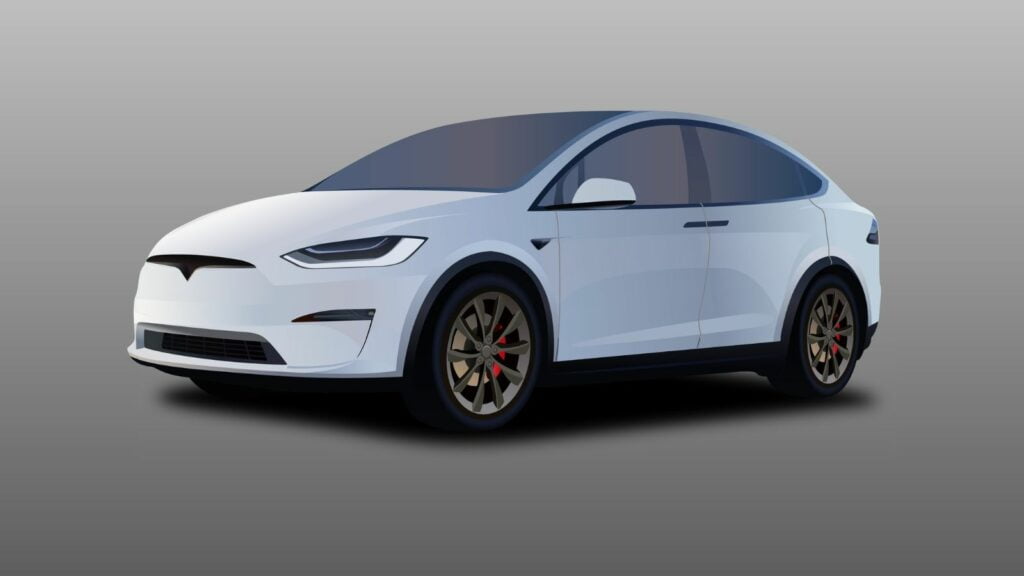We live in a world that has witnessed revolutionary changes in the automotive industry. Gasoline-powered cars have been the flag bearers for the industry for quite some time now, but the urgent call for a transition towards a cleaner alternative is crucial. There is an urgent need to remove fossil fuels, which are increasing greenhouse emissions and eventually leading to global warming. Below are 20 reasons why gasoline-powered cars should be replaced –
Increased Pollution
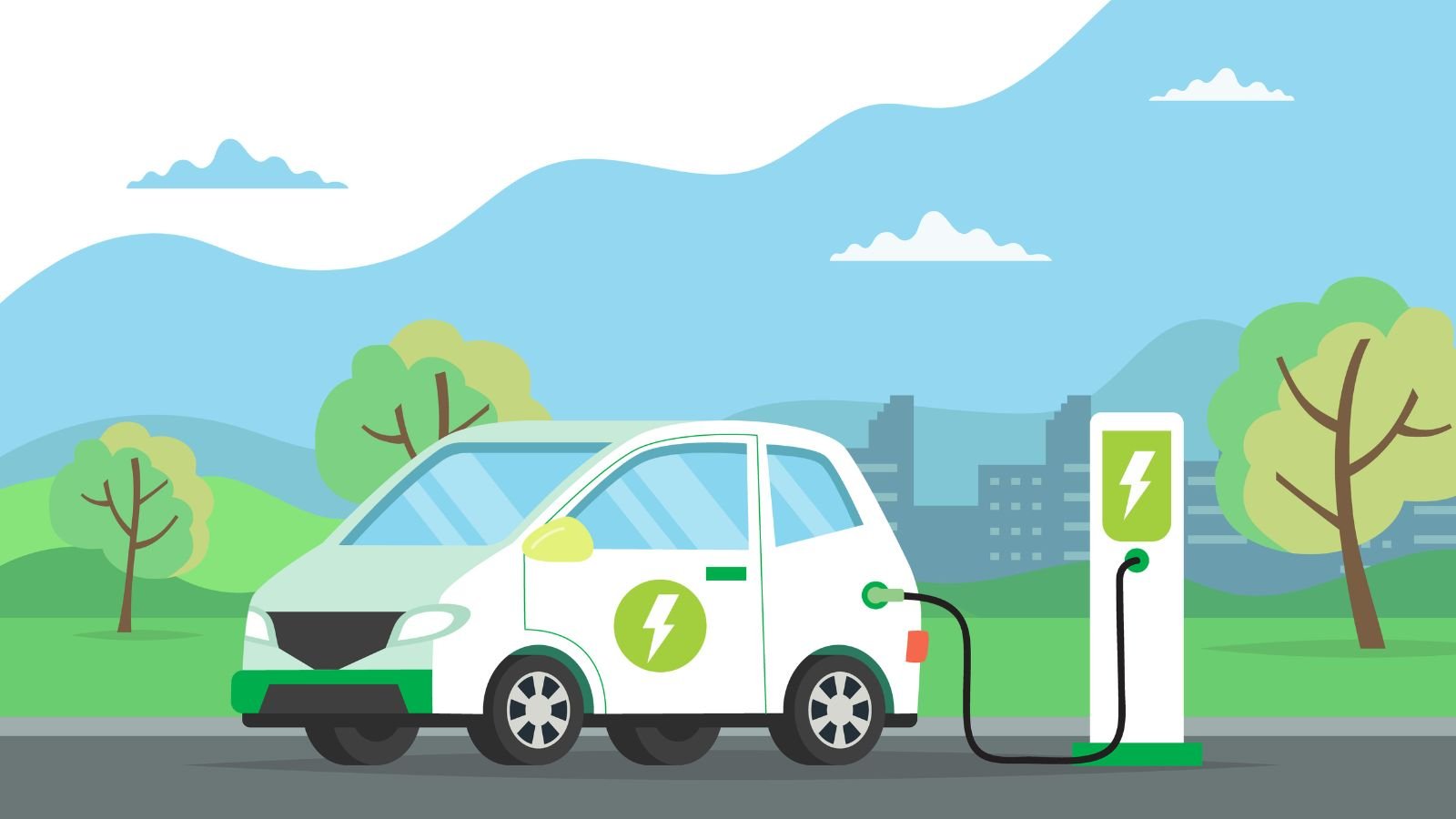
Gasoline-powered vehicles decrease the quality of air, affecting the overall air quality index. The harmful pollutants that come out of the vehicle consist of harmful substances like smog, nitrogen oxides, and carbon monoxide, which can cause respiratory issues and heart diseases. These gases can travel long distances, destroying our ecosystem and contributing to acid rain. On the other hand, electric vehicles are an environmentally friendly option that releases zero emissions.
Climate Crisis

The rate of warming since the 1980s has been three times faster, and we are facing harsh consequences today. Gasoline-powered cars are a major contributor to increased greenhouse emissions. The main cause of this is carbon dioxide, which has a harmful impact on the ozone layer. Because of these rising greenhouse emissions, the ice in the Arctic region is declining by 10% every decade.
Depletion of Resources

The resources required to create fuel are finite. Fossil fuels, especially petroleum, are a nonrenewable source of energy formed over hundreds and thousands of years from the remains of ancient plants and animals. Even the extraction and refinement process causes significant damage to the earth, destroying habitat and wildlife.
Energy Efficiency
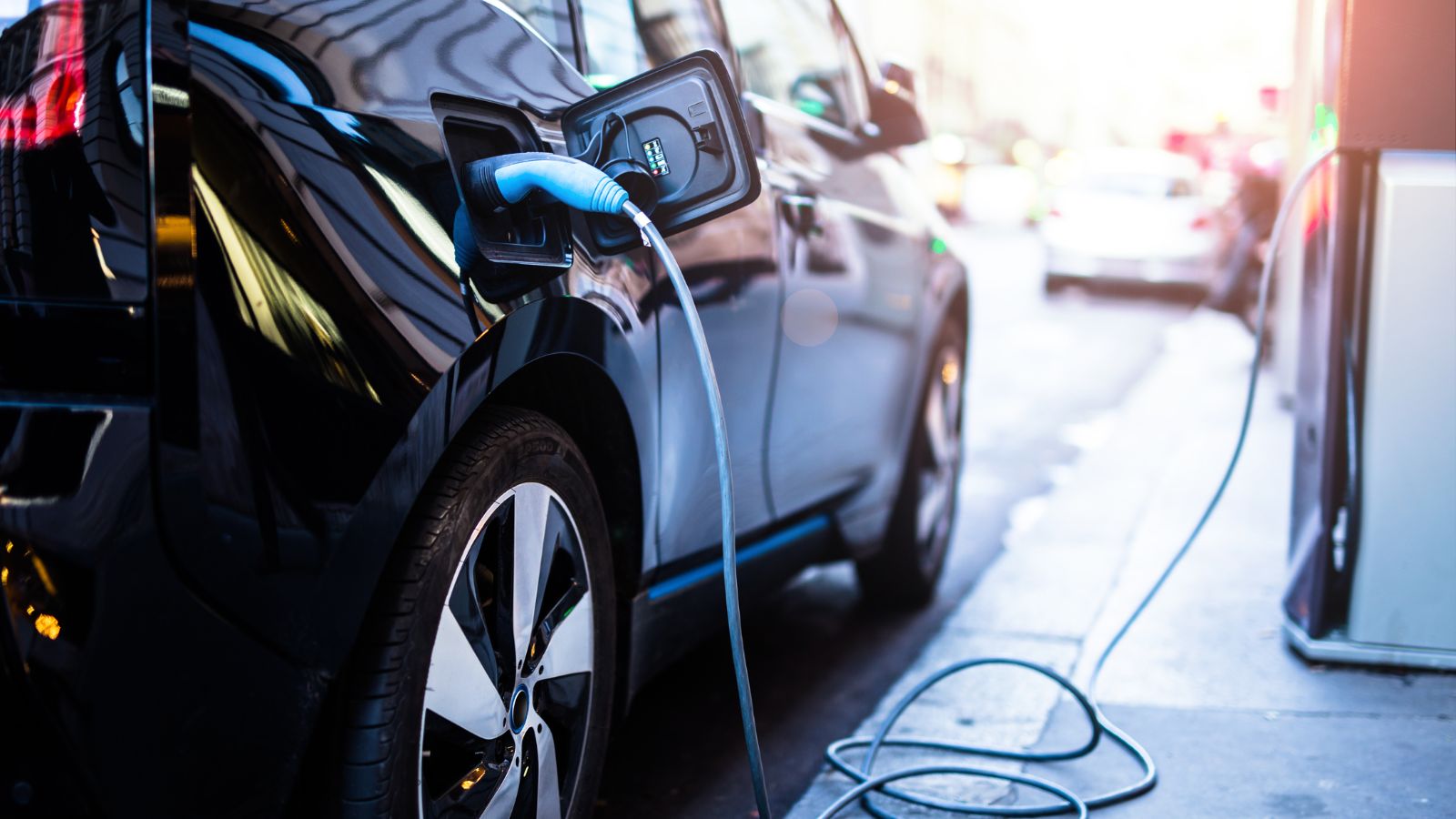
Regarding energy efficiency, gasoline vehicles waste a lot of energy during combustion, resulting in over 60% wasted and only 20-30% getting converted. In contrast to these gasoline vehicles, hydrogen fuel cells and electric vehicles convert over 80% of the energy. This results in electric vehicles having more range than gasoline vehicles, which burn more fuel faster. The regenerative braking captures energy for electric vehicles, giving them an edge when saving energy.
Oil Dependence
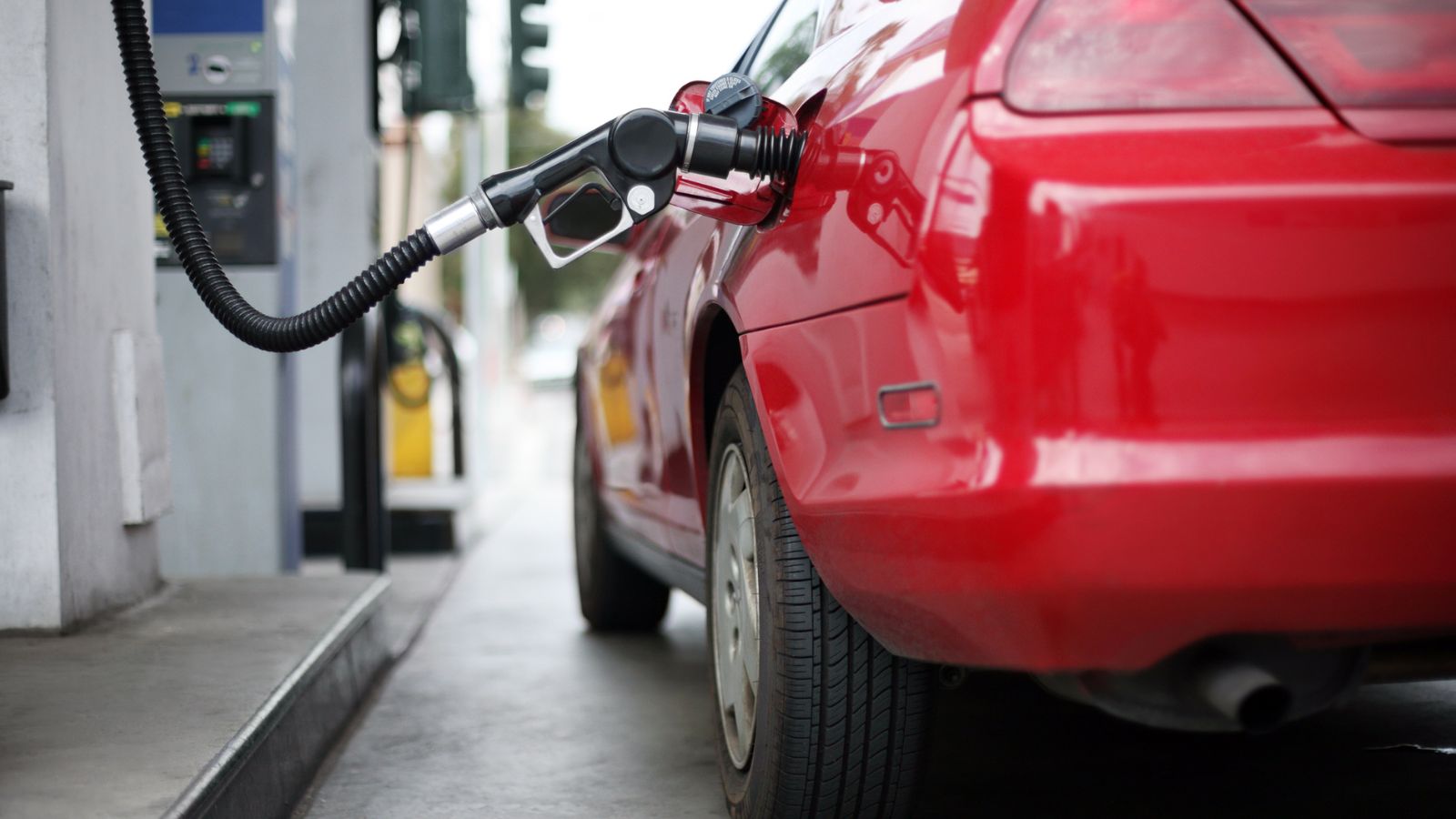
In contemporary times, there has been an immense surge in oil prices due to recent conflicts, which have caused inflation, resulting in higher prices. The supply chain is vulnerable, and a large portion of the world’s oil comes from specific regions. Heavy dependence on other countries for oil will create instability for the businesses and consumers in the station because of instability and price hikes.
Non-renewable Energy
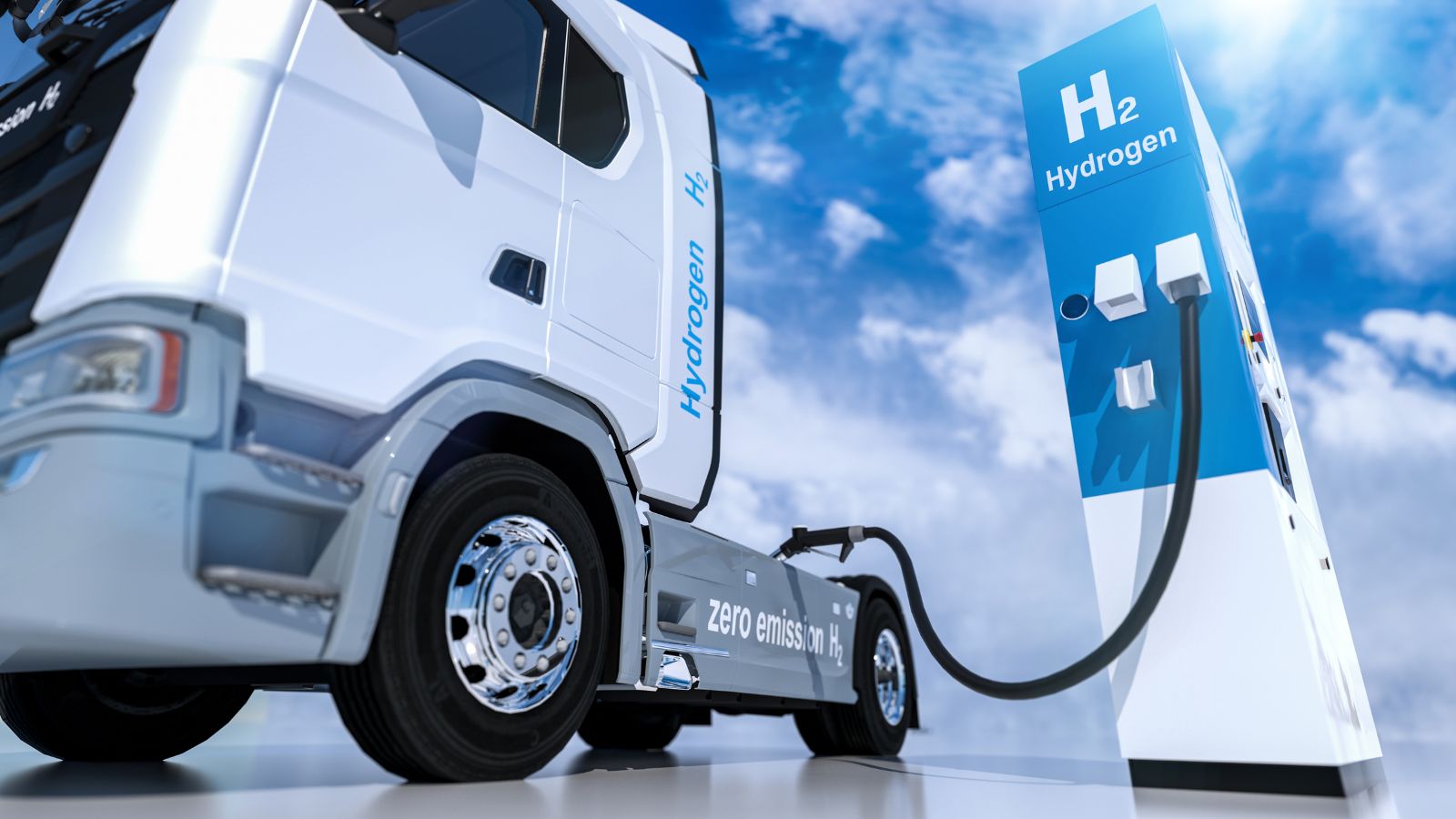
There is an urgent call to invest in the future and prioritize renewable energy sources for the betterment of the economy. Opting for hydrogen or electric vehicles will lead to a more sustainable future and stop the dominion effect- the harmful chain of processes carried out to get these resources. With advanced technology, solar and wind energy are being tested, which can shape this disastrous trajectory.
Noise Pollution

While this may not be an issue that requires urgent attention, traffic noise and loud engine noises contribute to noise pollution, especially in suburban areas. Chronic exposure can lead to loss of hearing and other health concerns, such as increased stress due to disturbance and ruined sleep. Gasoline cars not only decrease the quality of air but, in this context, decrease the quality of life.
Outdated Technology

Gasoline cars have served us all sufficiently for the century, but it is time for a change. In comparison, electric vehicles have surpassed gasoline vehicles in terms of technology with features such as one-pedal driving, remote starting, and other powering options. Gasoline vehicles harm the environment and are lagging due to the ever-evolving technology.
Higher Gas Prices
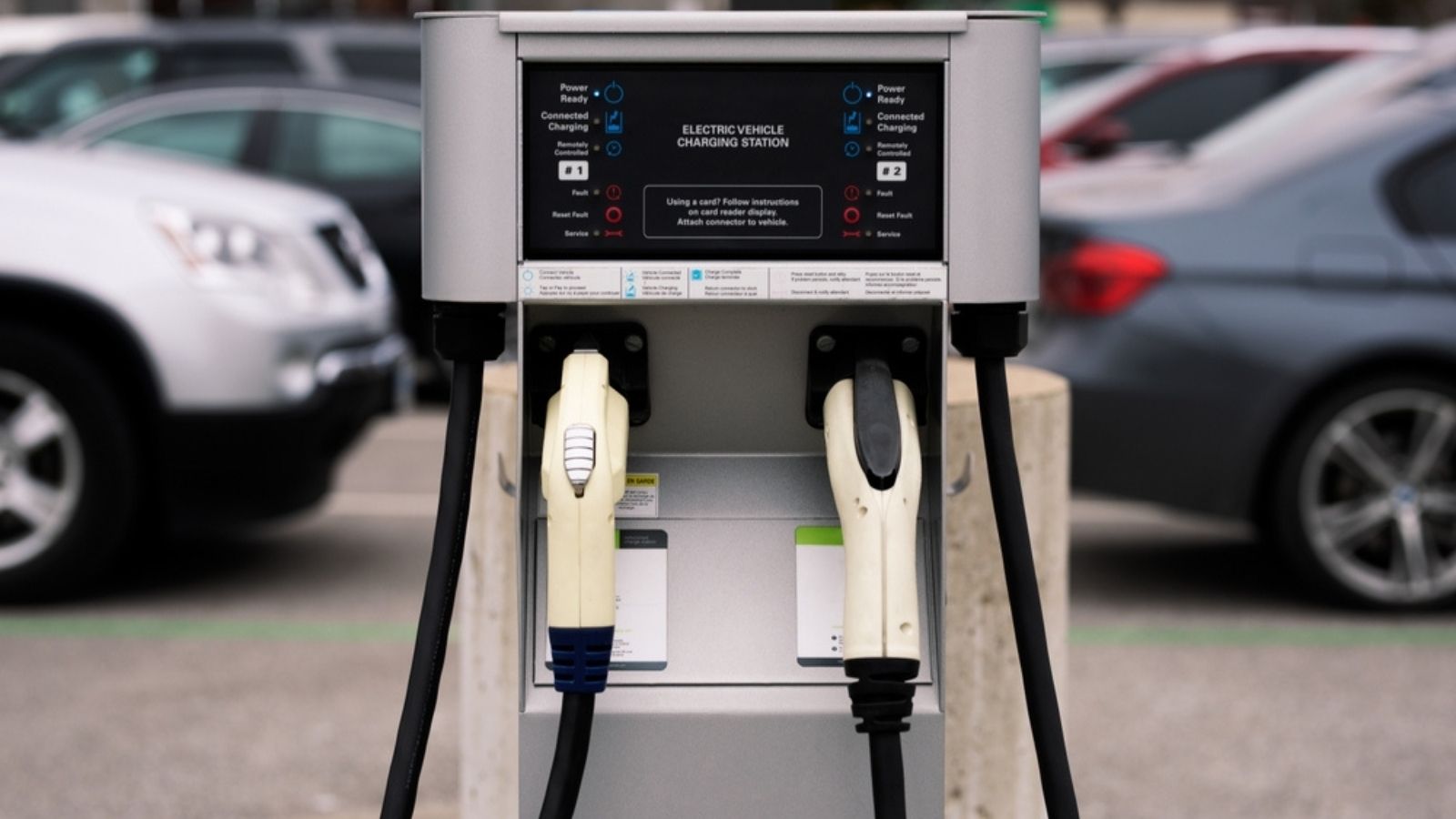
If not voluntarily, rising pump prices will compel people to switch to electric vehicles or use cycles to drive. As reported by the US Energy Information Administration, the prices are $3.77 per gallon. That’s nearly an 18% price hike since the beginning of this year, 2024. This is not a local issue but a prevailing one faced by many nations considering different alternatives.
Lack of Investments

In recent times, governments and private investors have invested huge sums of money in the automotive industry. However, this money is being directed to hydrogen fuel cell vehicles and electric cars rather than gasoline vehicles. Brands like Volvo and Cadillac aim to go all-electric by 2030, and we will see a major shift away from traditional combustion engines.
Long Term Availability
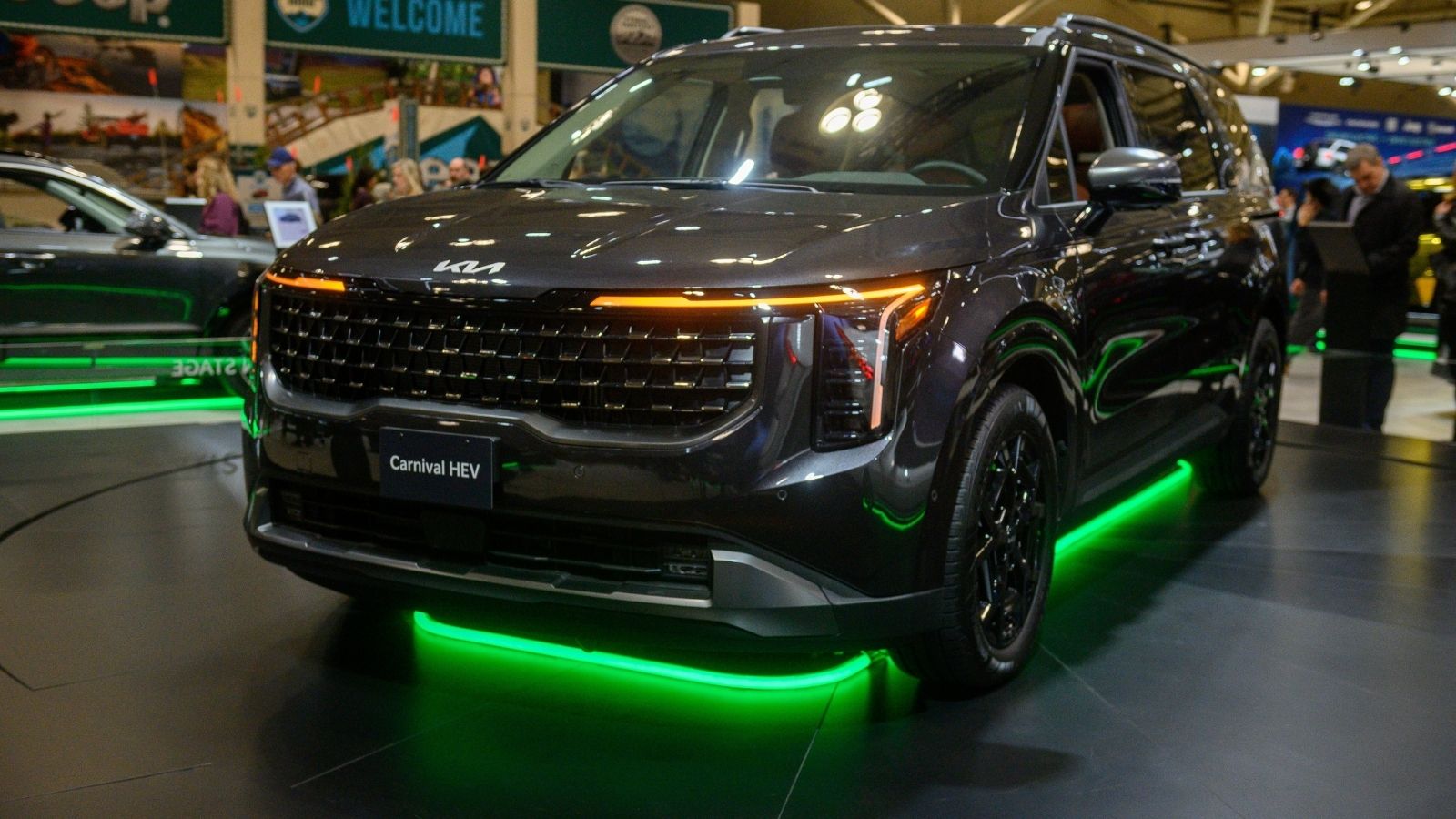
Gasoline cars have been the preferred norm for everyone, but their availability has really become a questionable issue now. The industry already faces multiple challenges when it comes to fossil fuels, oil concerns, and price hikes. With international conventions and agendas in place, the narrative revolves around replacing gasoline-powered cars with more sustainable electric vehicles with innovation prospects.
Higher Maintenance

While eclectic vehicles may come with a hefty price tag, they offer a significant advantage in terms of maintenance. Gasoline vehicles have complex engines, which need to be improved in electric vehicles as they have fewer parts. EVs have a relatively more straightforward system, and their regenerative braking gives them a significant edge. Not all EVs can be repaired by regular mechanics, but they are long-lasting and can endure tears.
Inferior Performance

Gasoline vehicles have been defeated by low-end electric vehicles. They lack acceleration, whereas the average electric vehicle would reach 60 mph in under 5-6 seconds and the higher ones in under 2 seconds. Gasoline vehicles do not offer a linear power delivery and often fluctuate, resulting in inconsistent performance. Even in terms of sharper handling and stability, electric vehicles get the better of them.
Reduction in Stations

Provisions have been made to charge electric vehicles on your premises while you indulge in activities other than traveling to the station to refuel gas. The main point is the introduction of fast charging systems, and Level 3 chargers can charge the EVs to 80% in under 20 minutes. This varies from vehicle to vehicle, but gasoline cars are on the back foot due to a significant drop in gas stations.
Fewer Models
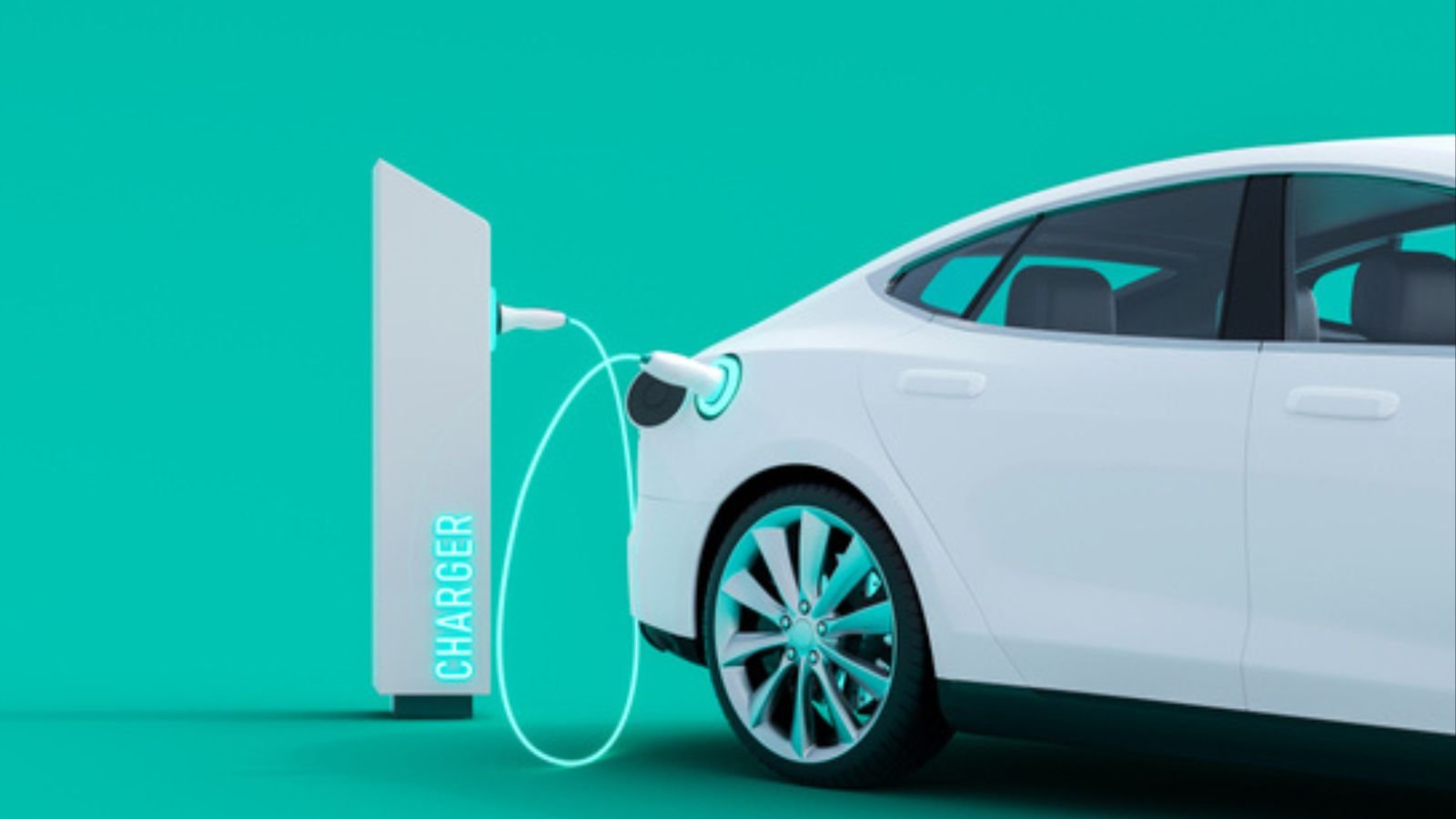
With the advent of electric cars, many manufacturers have ‘abandoned’ their gasoline models to upgrade and focus on improving their electric counterparts. General Motors has announced plans to get rid of its gasoline-powered lineup by 2035 despite its immense contributions in that sector. Even Ford has decided to do the same by 2030, and the Ford Mustang Mach E is a prominent example of its commitment to EVs.
Losing Contender
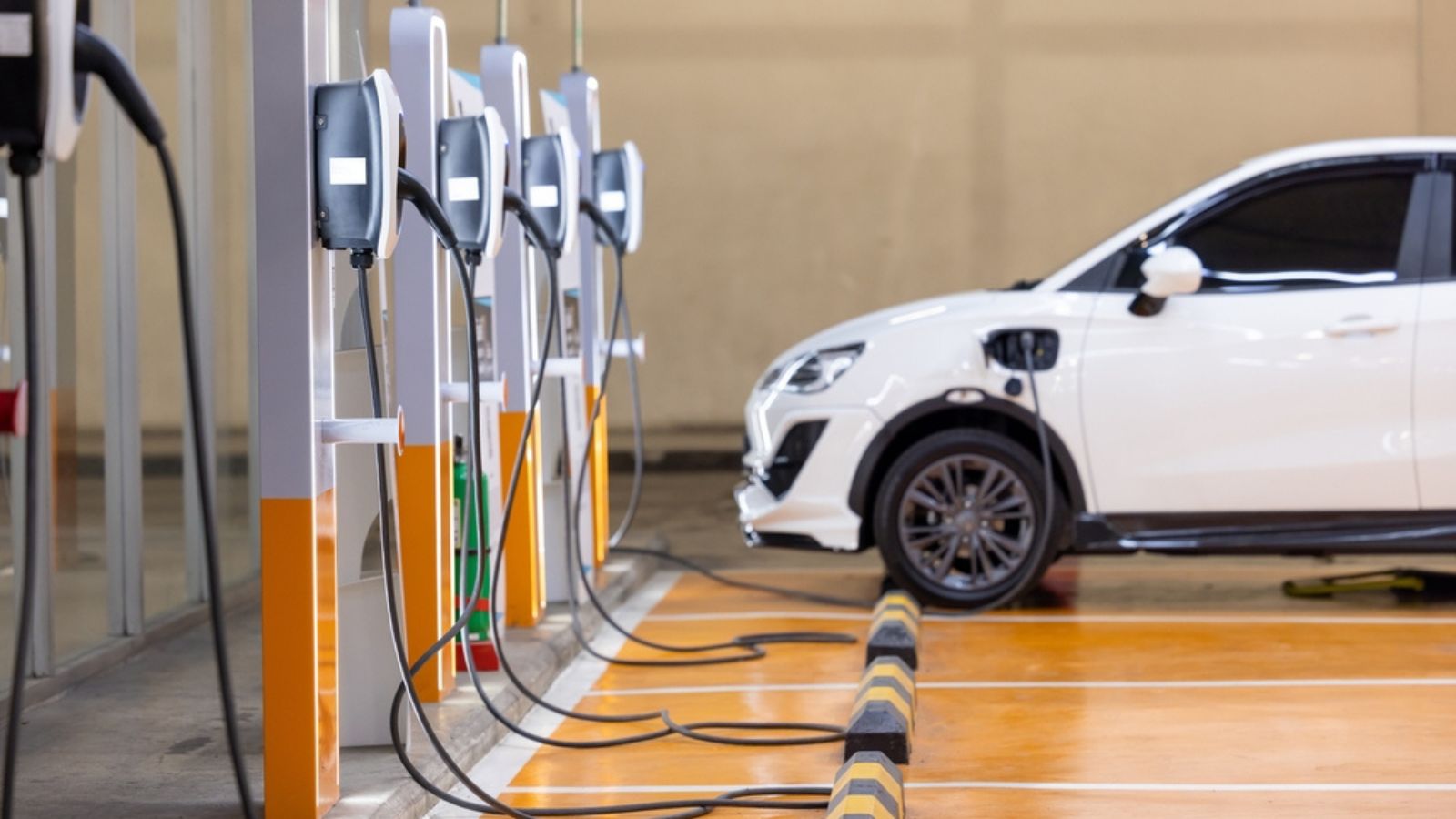
Gasoline-powered vehicles face competition in the realms of electric vehicles and hydrogen fuel cell vehicles. The HFCs use hydrogen and oxygen in a fuel cell to generate electricity for the vehicle. Unlike lithium-ion batteries, which degrade the environment during the production of electric cars, hydrogen vehicles thus overcome any backlash when it comes to the environment. Gasoline vehicles are easily defeated when faced with longer ranges and dynamic performances of HFCs.
Health Issues

The harmful gases that are produced by gasoline vehicles create health risks that are beyond tailpipe emissions. Young children and infants who breathe this particular matter (PM) are vulnerable to asthma, bronchitis, and even lung cancer. It does not stop at respiratory issues. The accumulated dirt can cause allergies and other hazards to the skin. Long-term exposure to these harmful gases can cause heart disease and even the risk of a stroke.
Lack of Innovation

The novel inventions and elements of innovation have come to a stalemate in terms of gasoline-powered vehicles. The recent improvements have only been minor ones, with tweaks here and there to improve fuel efficiency. No revolutionary inventions have gained consumers’ attention or explored any alternative system to reduce emissions. With no breakthrough, they have fallen behind electric vehicles, which have undergone significant changes.
Depreciating Consumer Base
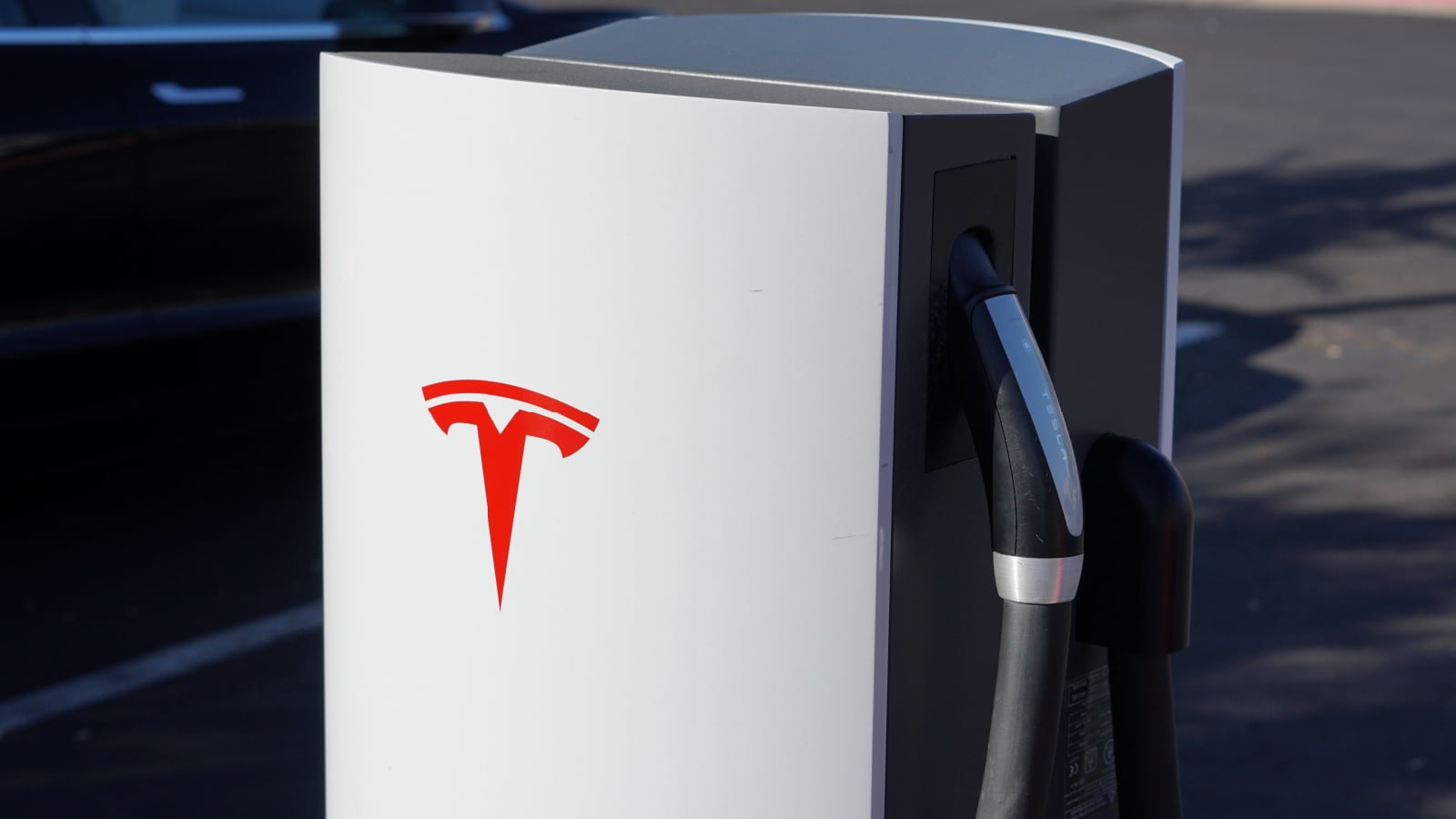
Over time, gasoline-powered vehicles have finally begun losing their consumer base, who now seek long-term options and availability. With increasing awareness about environmental conservation, consumers have chosen electric alternatives to reduce this impact. Impressed by the astonishing features that electric vehicles provide, consumers have been drawn to them and want a taste of them.
Moral Incentive
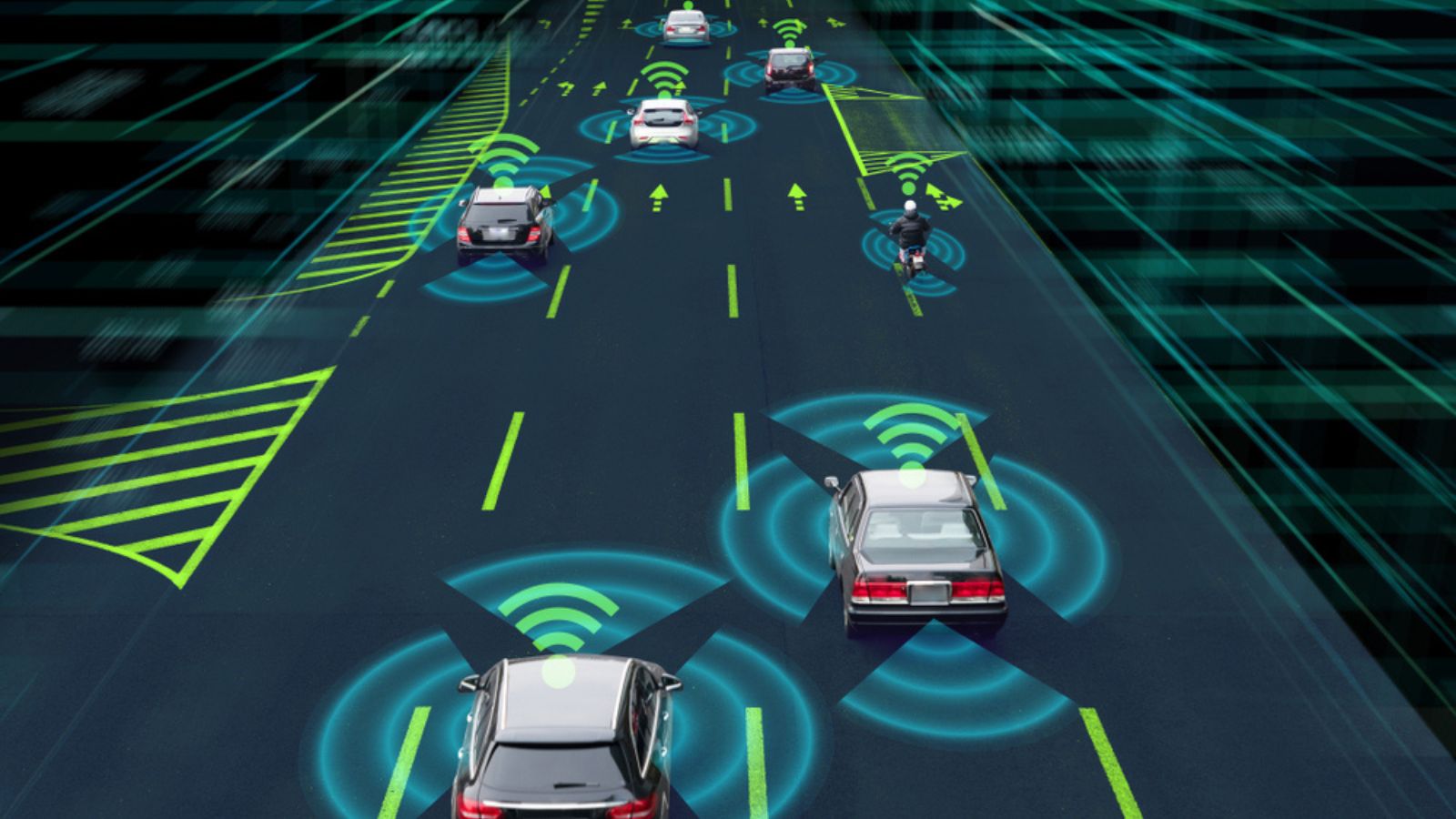
The Earth belongs to everyone, and sustainable development is our duty, which we are expected to fulfill. Be it changes in the automotive industry with the banishment of gasoline cars or via other incentives, we should contribute to reducing global warming. Choosing a cleaner mode of transportation is bestowing justice to every citizen who faces the harmful effects of gasoline-powered vehicles.
14 Cars With A Reputation For Running Forever And Why They Outperform The Rest
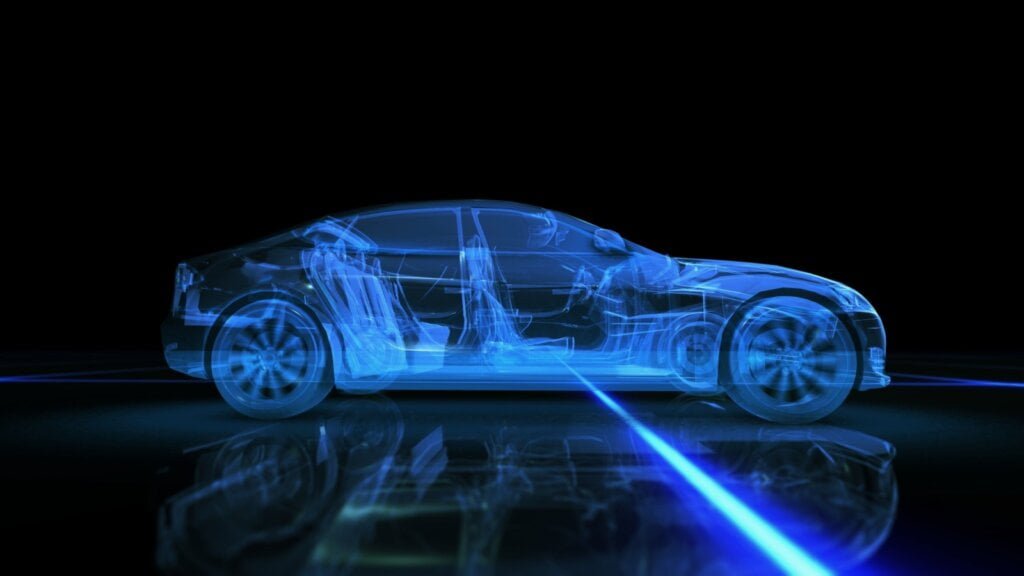
In the dynamic world of automobiles, some cars stand out for their remarkable longevity and enduring performance. These road warriors have earned a reputation for running seemingly forever, outpacing their counterparts. This article will explore 14 such vehicles and the reasons behind their legendary durability. 14 Cars With A Reputation For Running Forever And Why They Outperform The Rest
